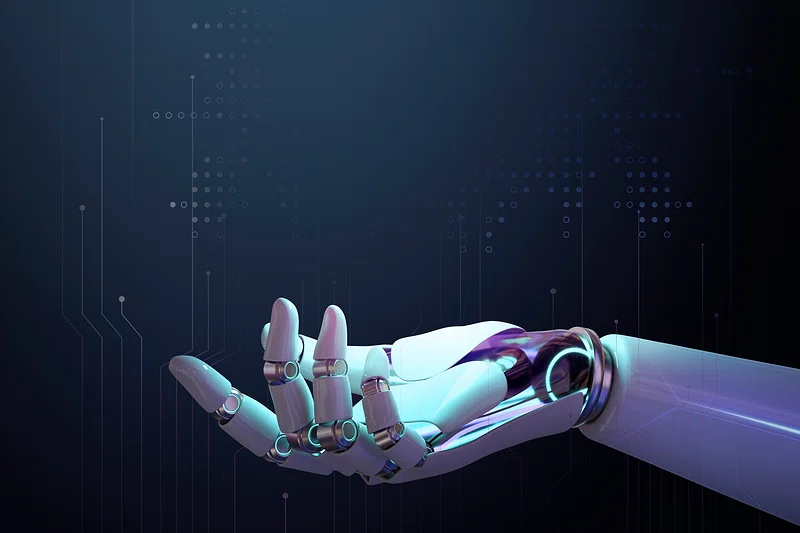In a world increasingly shaped by artificial intelligence, many daily interactions are no longer human-to-human, but human-to-machine. From chatbots and virtual assistants to AI-generated influencers and emotional support apps, technology is replacing real relationships with simulations. While convenient, this shift comes at a cost: the slow erosion of mental well-being and authentic human connection.
1. Loneliness in a Digitally “Connected” World
AI-driven platforms are designed to keep users engaged — not necessarily fulfilled. Social media algorithms, recommendation engines, and digital companions can simulate interaction but often deepen isolation. People may:
- Spend more time online than with real people.
- Rely on AI tools to fill emotional voids.
- Confuse interaction with intimacy.
The result? A paradox: more connected than ever, yet lonelier than before.
2. AI Replacing Human Support
AI mental health apps and chatbots, like those offering 24/7 therapy or emotional check-ins, are marketed as solutions for depression, anxiety, and stress. While they provide access and convenience, they’re not replacements for licensed professionals or genuine emotional support. Risks include:
- Incorrect or harmful advice.
- False sense of security or care.
- Lack of accountability when things go wrong.
When vulnerable people turn to AI instead of seeking human help, the consequences can be severe.
3. Addiction by Design
AI is at the core of technologies designed to be addictive. Through behavioral tracking and predictive modeling, platforms learn what keeps users scrolling, clicking, or gaming. This design leads to:
- Attention fatigue.
- Reduced self-esteem from constant comparison.
- Dependency on dopamine hits from digital interaction.
The long-term effects? Increased anxiety, depression, and emotional dysregulation — especially in younger generations.
4. Blurring Reality with Artificial Companionship
With AI-generated “friends,” influencers, or romantic partners, people may begin forming attachments to simulations. These digital entities are crafted to please, validate, and never disagree. Over time, this can:
- Set unrealistic expectations for real relationships.
- Diminish empathy and conflict resolution skills.
- Lead to emotional numbness or detachment.
The more people bond with machines, the harder it becomes to engage with the messy, imperfect nature of real human beings.
5. The Devaluation of Empathy
AI does not feel. It mimics understanding using predictive text, voice inflection, or facial cues — but it doesn’t care. As AI becomes more integrated into caregiving, education, and even companionship, there’s a risk that society starts to expect less emotional depth from interactions, and places less value on empathy, patience, and emotional labor.
Conclusion
AI can support mental health, but it cannot replace the human need for connection, understanding, and shared experience. As machines become better at simulating emotions, we must remember that real healing, real comfort, and real relationships cannot be automated. In trying to escape loneliness with technology, we may be building a world that forgets how to truly connect.
